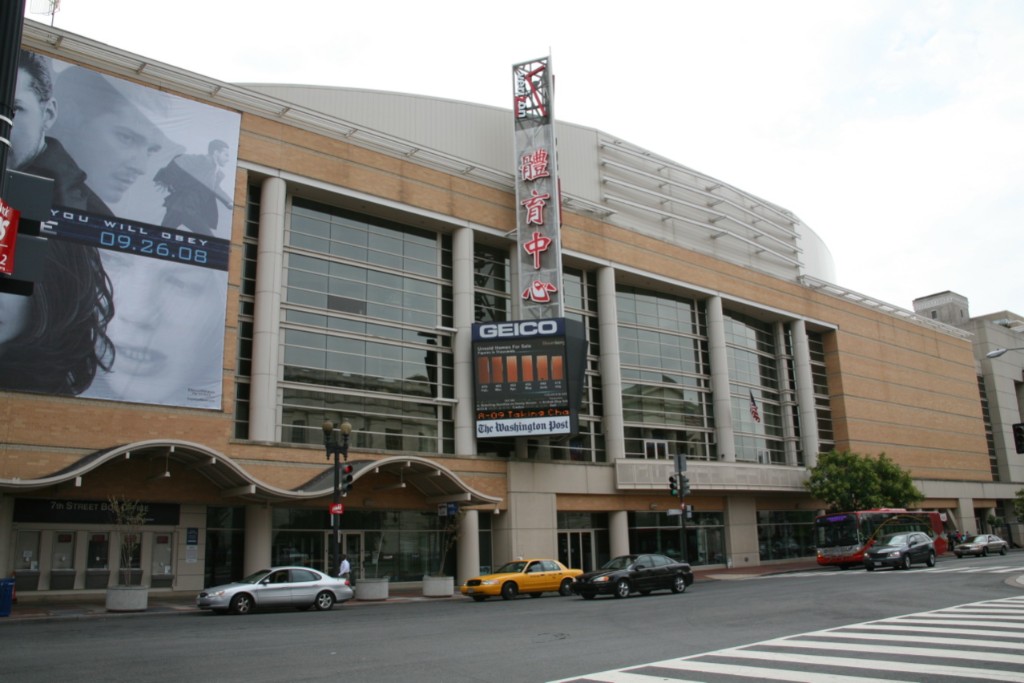Washington, D.C.’s popular indoor venue Capital One Arena is now better equipped for its guests who have sensory issues through a joint effort by Monumental Sports and KultureCity.
KultureCity is a nonprofit “dedicated to fight for inclusion and acceptance of all individuals regardless of their unique abilities.”
Speaking to WTOP, Dr. Julian Maha, a co-founder of the organization, explained that at least half of Capital One Arena’s staff members have received special training on how to deal with the problem when they spot a guest with potential sensory needs.
“The first thing is training, which is the most important step,” Maha said. Participants of the computer-based training were given official certificates.
One in six individuals are experiencing sensory challenges, including people with PTSD, autism, ADHD, dementia or Parkinson’s, and the number is rising, according to Maha.
“Sensory needs are basically … when they go to a venue like Capital One Arena, the sounds, the lights, the crowds, sometimes even the smells are not only overwhelming, but also physically painful. So, by and large, a lot of these people they’re kind of not engaged [in large community events] primarily not because of choice, but purely because of circumstance,” Maha was quoted as saying.
Approximately 650 million people live with a disability, which is around one in every five people around the world or twice the population of the United States, according to KultureCity’s website. “Of these, only 20 percent have a visible disability,” it says, adding that the majority have invisible disabilities like autism.
“They look like you, but perceive the world in a different way. Because of this, accessibility to the community can be challenging. A lot of these individuals live a life of isolation not by choice but by circumstance. Accessibility changes this. Accessibility creates a new culture with stronger communities, acceptance, inclusion and hope of a brighter future,” KultureCity states.
In order to achieve this goal, the group has various programs such as “Toys AUcross America,” through which they send toys to children with autism across the country and “lifeBOKS,” which is a free kit provided to autistic children to prevent them from having wandering related accidents, among other programs.

